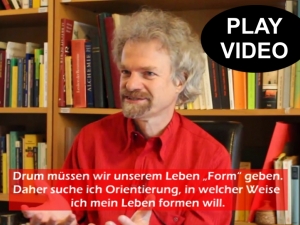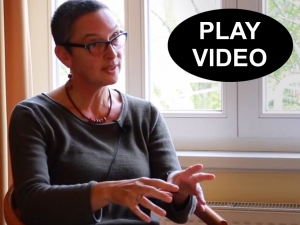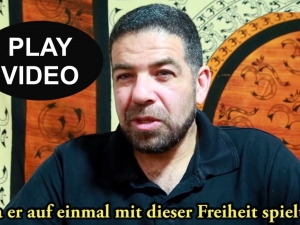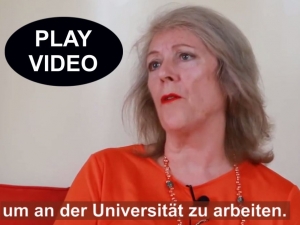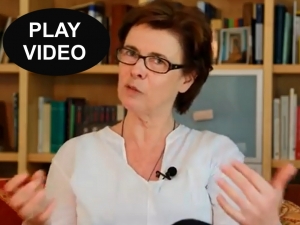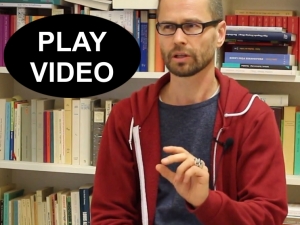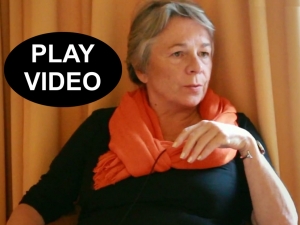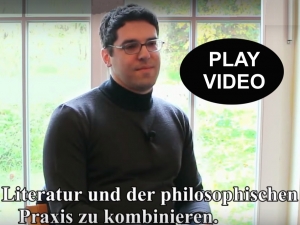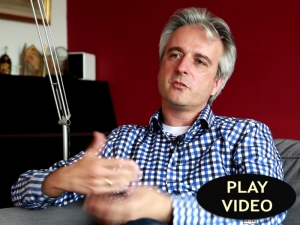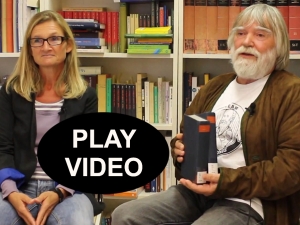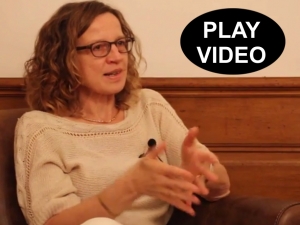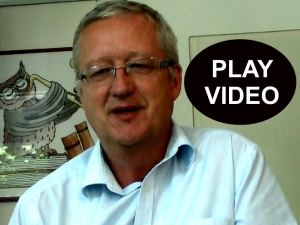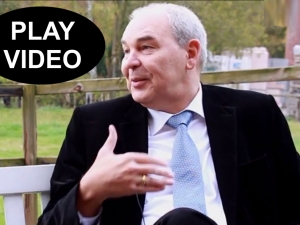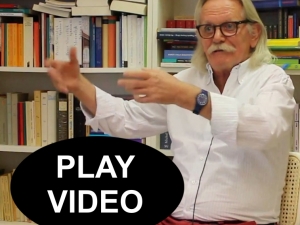WILLKOMMEN AUF DER AGORA
DER PHILOSOPHISCHEN PRAXIS
Der Treffpunkt für philosophische Praktiker aus der ganzen Welt
ON DEEP THINKING
(Miranda and her Philosophical Trio)
“Yesterday,” Miranda tells Linda, “I had a strange experience reading the philosophical text you gave us. A marvelous experience. I’m not sure how to understand it.”
Linda looks at her with her little smile. “Tell us about it, Miranda.”
“Well,” Miranda replies, “it’s hard to describe. You know, every morning I start my philosophical reading with a few minutes of silence, and then I read a few sentences from the text very, very slowly.”
“Me too,” David says. “Just like you told us, Linda – to read the text from our silence, not from our opinions. But please go on, Miranda.”
“Usually,” Miranda continues, “it’s a nice experience to listen quietly to the flow of ideas. But this time it was different. First, there was an intense inner silence – my mind was absolutely still and attentive. And then, when I started reading the text, I felt as if it wasn’t me who was thinking. Something was thinking in me, but it wasn’t my usual ‘me’! Does this make sense?”
“Precisely,” David whispers, not wishing to interrupt her, “I felt that, too, a couple of times. A deeper sort of thinking.”
“Deep thinking – yes, that’s perhaps what it was. Or ‘silence thinking’ – but the name doesn’t matter. Some deep part of me was thinking, and it had its own understanding, its own creativity, its own wisdom.”
David nods in agreement, and Linda smiles at them. “Both of you are doing good work. You are starting to learn how to let go of your opinionated self – the automatic self who is so quick to speak and judge and react and control. You are starting to learn how to push aside the usual self and let the text speak in you. And when you do this well, then it’s not just the text that speaks in you – human life is speaking. After all, deep philosophers are not simply inventing their own private imagination – they are giving voice to aspects of human reality.”
“And we, as deep readers, can share this voice of reality, right?”
“Exactly, Miranda. Because these voices of reality do not belong to this philosopher or to that philosopher – they belong to all of us, they belong to anybody who lives life, they belong to human reality. And they can speak in all of us.”
“It’s not easy to do this kind of thinking.”
Linda nods. “Many people find it very difficult. Often, they don’t understand what I am talking about. They may be smart and knowledgeable, but they are stuck in their intellectual mind and cannot let go of it. I sometimes see them in my workshops – they may say smart things, but it’s not coming from deep, silent thinking. Deep thinking takes time to learn and cultivate. Some techniques and exercises may help – contemplative exercises, attention techniques, even meditation. But deep thinking is much more than a technique. It is an attitude to life, a way of being in the world.”
Linda looks at her two students silently for a few moments. “And when you experience deep thinking fully, then you don’t belong to yourself anymore. You belong to the greater horizons of human reality. This is a kind of self-transformation, even if it lasts only half an hour.”
By accepting you will be accessing a service provided by a third-party external to https://agora.practicafilosofica.de/

